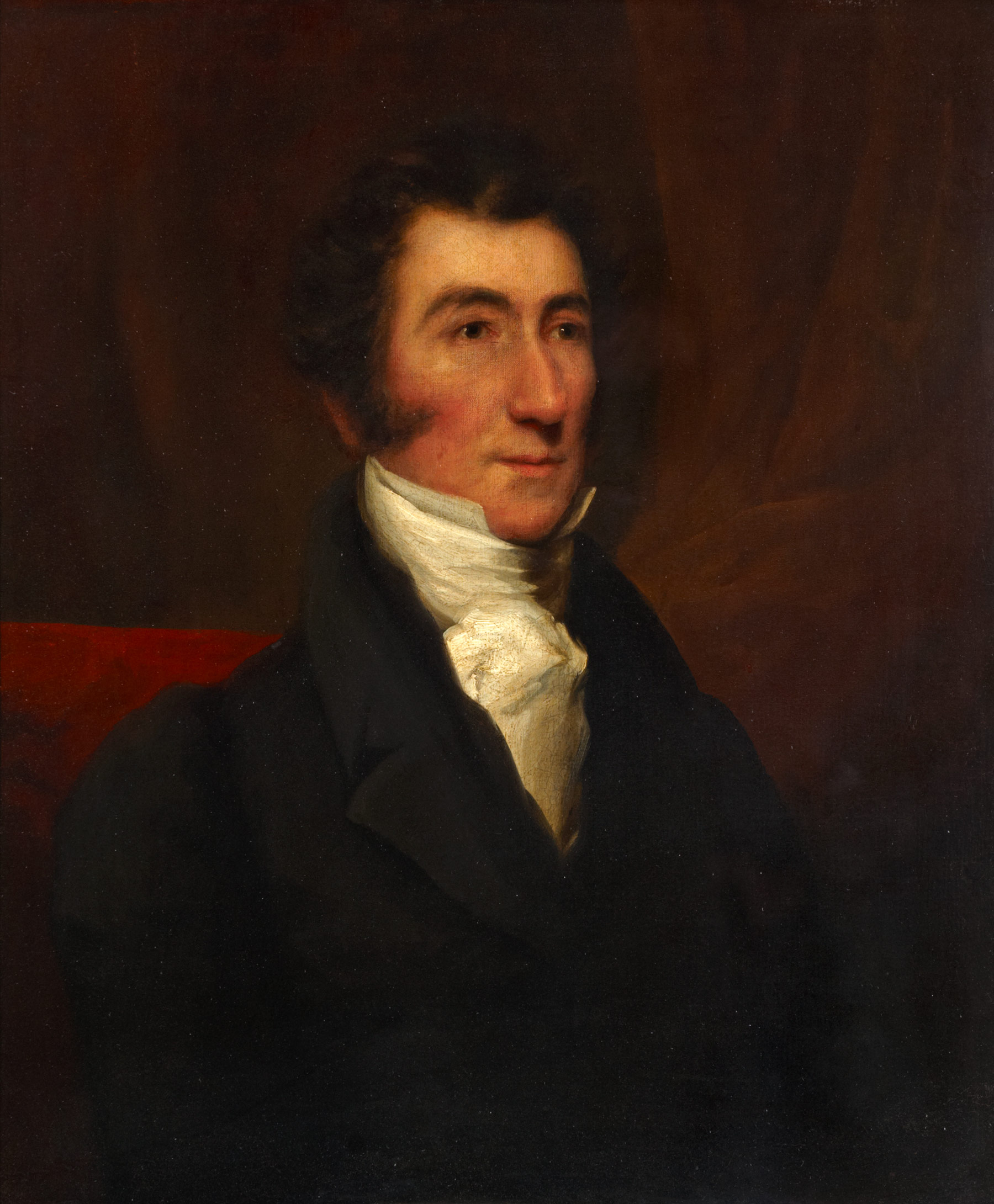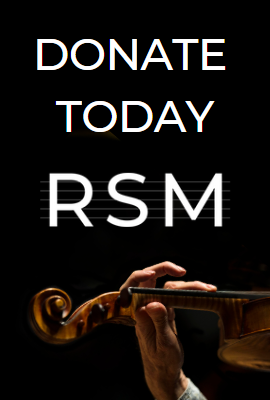Archive of the Month – February 2022
Felix Mendelssohn Bartholdy (Hamburg, 3 February 1809 – Leipzig, 4 November 1847)
A letter from the composer Mendelssohn to one of his English contemporaries, the composer and educator, George Alexander Macfarren (1813-1887, Member A384). Mendelssohn, noted for his Bach scholarship, his friendships with the British Royal Family, his compositions as well as performance as a keyboardist and conductor, is here seen to be promoting “new music”. The letter reveals Mendelssohn’s involvement with performing contemporary British orchestral music within his own concert planning in Leipzig at a subscription series of concerts over the winter months, conducted by him at the Gewandhaus in Leipzig. The period August-September 1846 was Mendelssohn’s ninth trip to England. The trip included rehearsals, in London, for his oratorio Elijah which was first performed on 26 August at the Birmingham Musical Festival.
Read More»RSM and BAPAM Healthy Practice Webinar Series

We are delighted to be able to announce the next set of webinars within our Healthy Practice Webinar Series. Expanding on some of the subjects discussed during the initial series, as well as feedback received from attendees and recent patterns in our grant giving, the next set of sessions will consider aspects of musicians’ mental and physical health, for those who are working, as well as those who are retired.
The success of our webinars has also enabled opportunities to partner with academic research projects, to consider in more detail subjects raised at the Playing on the Edge webinar in March 2021, and the focused support of brass musicians, following the launch of our Philip and Ursula Jones Fund.
Read More»Archive of the Month – January 2022
John Parry (Denbigh, 18 February 1776 – London, 8 April 1851, Member A264)
Circle of Thomas Lawrence (1769-1830); ca 1835.
Read More»Archive Item of the Month – December 2021
Gaetano Crivelli (Brescia, 1768 – Brescia, 1836)
The Italian tenor Gaetano Crivelli made his debut in 1794 in his home town of Brescia. He sang throughout Italy and studied with Giuseppe Aprile (1732-1813) who was also a teacher of the Irish tenor Michael Kelly (1762-1826) amongst many other famous singers of the period. Crivelli sang in the first performance in Italy of W.A. Mozart’s La clemenza di Tito (KV 621) in 1809 at the Teatro di San Carlo in Naples. After a period singing in Paris, from 1811, he performed in London during the 1817-1818 season at the King’s Theatre, in which he sang in Cimarosa’s Penelope, Paer’s Griselda, and in Mozart’s Così fan tutte and La clemenza di Tito, as well as the first London performance of Don Giovanni.
Read More»We’re looking for a Head of Membership and Communications to join our team
The Royal Society of Musicians works with professional musicians and others professionally active in the world of music, who have been affected by accident, illness, stress and anxiety. We provide vital support to individuals throughout their careers and into retirement and in the last five years have considered nearly 2,000 applications for assistance, distributing grants totalling £2,561,858. Casework sits at the heart of all RSM activities and we are currently finalising a strategy to enable us to increase the number of individuals we support.
Read More»Archive Item of the Month – November 2021
Charles Edward Horn (London, 21 June, 1786 – Boston, U.S.A., 21 October 1849), singer and composer
After starting his musical career playing cello and double bass in London theatre orchestras Horn studied singing with Thomas Welsh (ca 1780-1848). Welsh had been a child chorister at Wells Cathedral, sang at the Bath concerts and appeared in London between 1792-1795. When Welsh’s voice broke he continued his musical studies with Johann Baptist Cramer (1771-1858), Karl Friedrich Baumgarten (ca 1740-1824) and Charles Frederick Horn (1762-1830), the father of C.E. Horn. Apparently Welsh had a powerful bass voice, was a Gentleman of the Chapel Royal, and wrote much stage music although is known for creating himself a niche as a noted singing teacher. His pupils included some famous English singers of the period namely the tenor John Sinclair (1791-1857), the soprano Catherine Stephens (1794-1882), the soprano Jane Shirreff (1811-1883), C.E. Horn and Mary Ann Wilson (1802-1867).
Read More»Archive Item of the Month – Oct 2021
Fryderyk Franciszek Chopin (Żelazowa Wola, nr Warsaw, 1 March, 1810 – Paris, 17 October, 1849)
The RSM holds an album of autograph letters by famous composers which was donated by Thyra Christiane Lange (1868-1934, Member 00266).
Included within the album is a short letter from the Polish pianist and composer Fryderyk Chopin to the pianist, composer and arranger Henri Louis Stanislaus Mortier de Fontaine (1816-1883), written in Polish and French. The letter shows a close connection with his Polish colleague by revealing that Chopin had lent him some money.
Archive Item of the Month – Sept 2021
Carl Friedrich Abel (Cöthen, 22 December 1723 – London, 20 June 1787, Member EM001)
Christian Ferdinand Abel, father of Carl Friedrich, was a violinist and viol player at the court of Prince Leopold I of Anthalt-Cöthen (1694-1728) at the time that Johann Sebastian Bach (1685-1750) was appointed Kapellmeister in 1717. Abel senior must have been good friends with J.S. Bach as the composer was godfather to Abel’s first child. On his father’s death in 1737, it is likely that the earlier connections with the Bach family were used as Carl Friedrich went to Leipzig and studied with J.S. Bach. Charles Burney (1726-1814, EM053), who knew Abel, wrote
“Abel’s musical science in harmony, modulation, fugue, and canon, which he had acquired under his great master Sebastian Bach, and taste under Hasse … had made him so complete a musician, that he soon became the umpire in all musical controversy, and was consulted in difficult and knotty points as an infallible oracle” (Charles Burney, A General History of Music, from the earliest ages to the present period (London: printed for the Author, 1789), vol.4, p.679).
Read More»




